
Our simple tips and tricks on how to transition to a plant-based diet
‘A plant-based diet is any diet that focuses around foods derived from plant sources. This can include fruit, vegetables, grains, pulses, legumes, nuts and meat substitutes such as soy products.’
There are many interpretations of what ‘plant-based’ eating looks like. Some practice semi-vegetarian or flexitarian diets, which still include small amounts of animal products such as meat and fish but relies mainly on vegetarian foods. Some only consume fish only, no meat and are called pescatarians. And those who still include animal by products but not the meat of the animal itself are referred to as vegetarian, while those who cut out any animal derived products, including dairy, eggs, and gelatin are vegan.
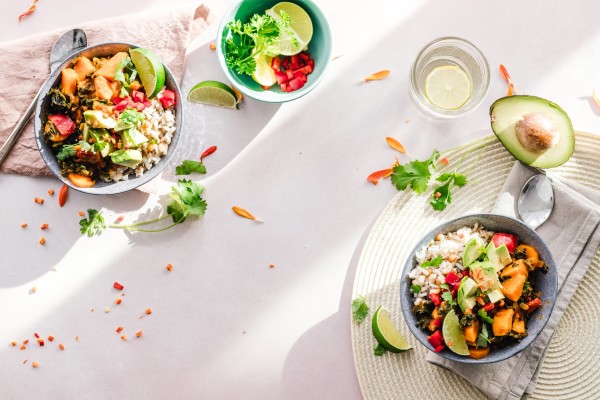
Plant-based diets, when executed in a healthy way, have high fibre, vitamin and mineral intake. The incorporation of wholegrains, fruit, vegetables, legumes, nuts and seeds as the main staples of your diet includes benefits such as lowered cholesterol and BMI, as well as reduced risk of diseases such as heart disease and diabetes.
And while all of these benefits are eye-opening and a huge advantage to switching to a plant-based diet, it can feel like a daunting task in a world so focused on a meat-based diet. The idea of restaurant menus and organising dinner every evening becomes a problem, if we don’t gradually transition from one diet to the other. Going cold turkey – excuse the pun – isn’t necessarily the answer to switching up how you consume food. Below we have tips and tricks for a measured and steady transition to reach reaching your plant-based goals.
Set a goal

With a goal to work towards, our willpower is increased in taking on new challenges. Knowing how great it will feel to achieve that goal can be key in keeping us going and motivating us when it gets tough. Plus, by knowing what you end goal is, you can map your journey for how to get there.
Mindset reset
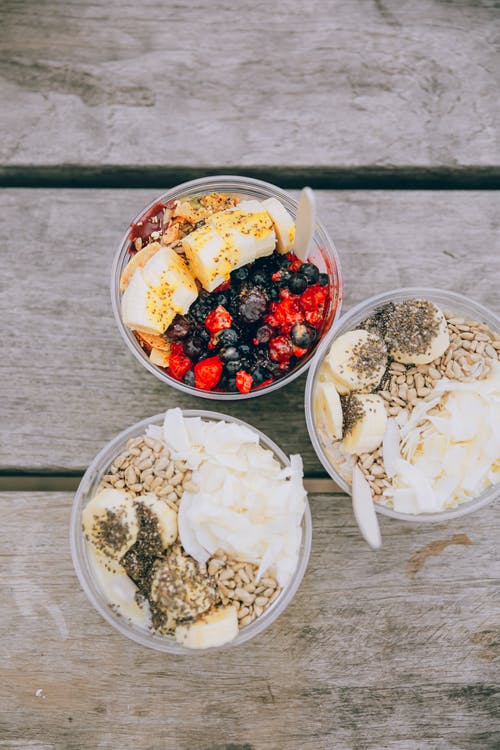
It’s important not to think of this challenge as a deprivation. If you see yourself as cutting something out of your life, rather than incorporating something new in, you will view these challenges in a negative light. It’s about changing your approach to food, not cutting out the best parts of it.
Pick out meals and foods you actually like
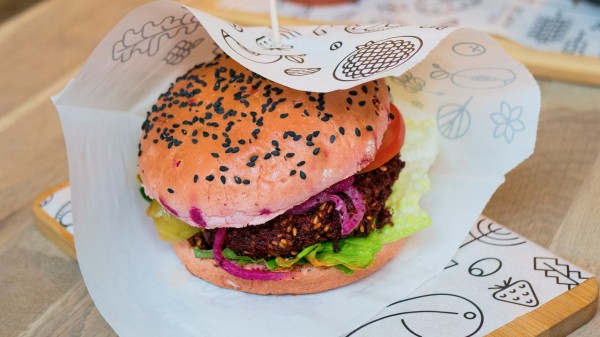
There’s no point in forcing yourself to like kale if you’ve never liked kale. Come up with a plant-based version of your favourite meal instead. Love a burger and fries combo? Learn how to make a black-bean burger with tomato relish, onion, guacamole and lettuce! Craving a curry? Sweet potato, chickpea and Massaman curry is an indulgent and creamy alternative, made with coconut milk and crushed peanuts. Deliciously satisfying all your cravings!
Be sensible
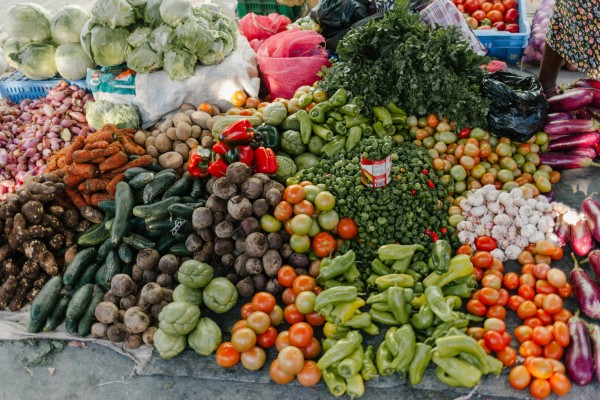
If you never usually eat pork or sausages, why would you want them when you’re actively trying not to eat meat? Just because it’s there doesn’t mean you have to eat it. There’s no point agonizing about what counts and what doesn’t when you’re trying out this diet. If you wouldn’t normally eat it, be realistic. Cut it out of your product list.
Go shopping

You can’t eat it if it’s not there! Do a little research before your next shop, and see what plant-based recipes and meat substitutes jump out at you. That way, when you go to make something after a long day of work, you’ll have all the right ingredients for that yummy recipe you’ve been dying to try out, right at your fingertips!
See how others are doing it

Follow plant-based nutritionists, vegetarian and vegan hashtags. Get inspired, motivated and feel less alone on this journey to a new lifestyle. Seeing others struggles and triumphs can bolster your sense of purpose and reinvigorate your passion for trying something new.
Educate yourself
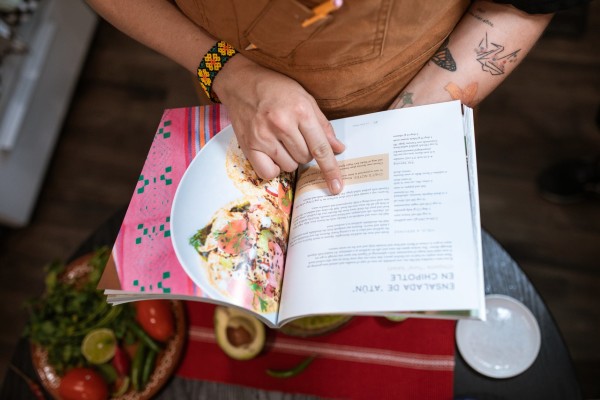
Consult an expert, either in real life, a cookbook or an expert blog to arm yourself with the best chance possible of succeeding. That can give you the insider tips and knowledge you need to really excel in reaching your goal. Having the knowledge of how to source protein, how to make meals that fill you and how to get the most out of this lifestyle change is the key to making it a change that lasts.
